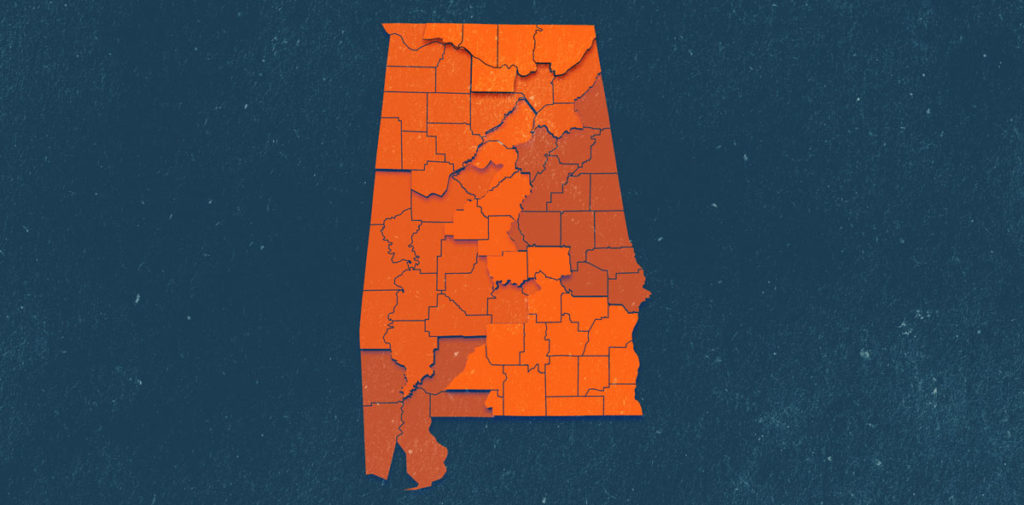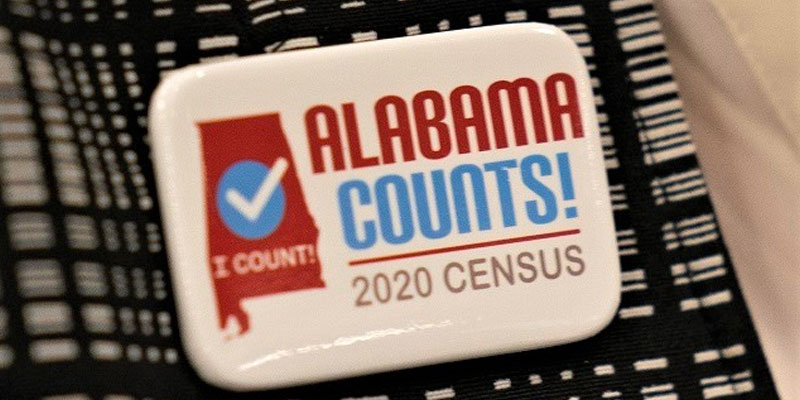With the end of the year right around the corner, Congress is working to address some of the most urgent issues facing hard-working families across America before they leave Washington for the holidays. While the bulk of their efforts so far have understandably been focused on providing COVID-19 relief for struggling Americans, there are a number of additional pressing matters they will need to address in order to ensure that their work on the pandemic is as effective as it needs to be.
Among these matters is the 2020 United States Census. While it may be easy to think that Census workers’ task ended once response collection concluded in October, there is a comprehensive verification process that must be carried out in order to guarantee that the Census findings are accurate.
The major challenge with the verification process this year is that Census workers were only given between the end of the response collection period and December 31 – only about two and a half months – to make sure the results are accurate and report their findings. Unfortunately, this is barely half the time it takes to go through this process in an average Census year. Now, Census workers are warning that the end-of-year deadline may not be achievable, putting the reliability of the final Census results in question.
If the results are inaccurate, it could change how millions of dollars in federal assistance will be allocated to the states. With complications, due to the COVID-19 pandemic, Census officials had a much more difficult time reaching out to and following up with rural communities to get the information they need for an accurate count. Instead, they had to turn to other potentially out-of-date sources for this information, like old government records. Unfortunately for Alabama and other rural states, that will almost certainly mean that we are undercounted and will miss out on the funding our state needs.
Some estimates indicate Alabama could lose almost $40 million in funding for health care, education, and jobs programs every year until the next Census if our state’s population is undercounted by even one percent. The ramifications of this would doubtlessly extend even further.
An undercounted population would mean that key government funding – which we’ve been paying through our hard-earned tax dollars – will be headed to other states. This includes COVID-19 aid, which will draw from the 2020 Census results in order to determine how relief dollars and vaccinations will be distributed.
An undercount in the Census could impair our ability to fight for funding through legislative means, as well. The Census is a constitutional process designed to make sure the federal government truly accounts for every state, and if rural communities are undercounted, states like ours with large rural populations could lose seats in the House of Representatives.
In order to prevent an undercount, Congress will need to provide Census officials with an extension to the end-of-year reporting deadline by including it in their omnibus package. This is an idea already backed by key conservatives from rural states like Senators Dan Sullivan (R-AK), Lisa Murkowski (R-AK), David Perdue (R-GA) and Steve Daines (R-MT).
Effective governance is only possible when Congress fully understands the people it represents, and the Census is how we can make that happen. It’s an opportunity we only receive once every decade. We cannot afford to allow it to pass by at such a sensitive moment both in Alabama and across the United States.
Ben Robbins is the Republican nominee for Alabama House District 33












